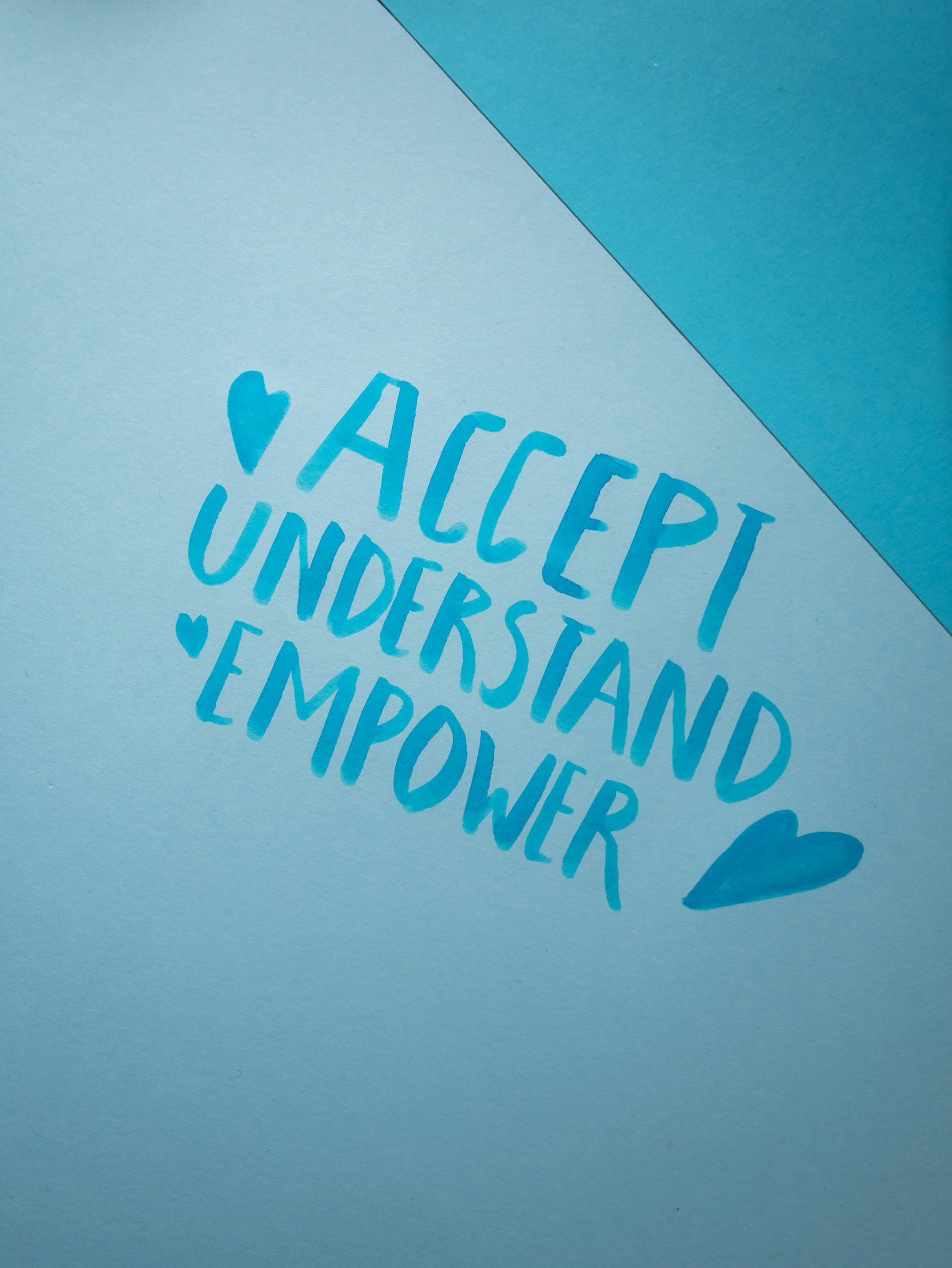S.E.N.D Support
S.E.N.D Support is our foundational service & Families 1st 4 Additional Needs, from it's initial inception was established to provide sign posting, advocacy assistance, food support, life skills classes, volunteering opportunities & tribunal chaperones for children and individuals navigating life with additional challenges. Please let us know what assistance you require on the application form below & we will be in contact with you as soon as possible, or where necessary, signpost you on to other third party organisation within our network who may be able to assist you further.
S.E.N.D SUPPORT FAQs
FOR FULL POLICIES AND PROCEDURES PLEASE VISIT THE LINK IN THE FOOTER BELOW
WHAT IS S.E.N.D?
An acronym for Special Educational Needs and Disabilities (SEND) is a term used to describe learning difficulties or disabilities that make it harder for a child, young person or individual to learn compared to their peers.
WHAT IS S.E.N.D SUPPORT?
Our foundational S.E.N.D services were established to provide bespoke support, tailored to each individual's requirement.
Encompassintg sign posting, benefits advice and support, client advocacy, 121 support, communication assistance, chaperoning services & tribunal support.
Where requirements are beyond our scope of expertise or assistance, we will always try to refer you on to 3rs party ancilliary services that may be able to provide the help you are looking for.
IS IT S.E.N. OR S.E.N.D?
Some individuals might use the term SEND, others may use SEN – both are commonly used but- although they are often used interchangeably, they do have slightly different meanings.
The term SEND includes all children with disabilities, even if they might not have special educational needs.
SEN focuses on children with special educational needs, not necessarily with disabilities.
Not all people with special educational needs have disabilities. And not everyone with disabilities has SEN.
WHAT ARE SPECIAL EDUCATION PROVISIONS?
Special educational provisions constitute anything provided in education and or training, that is extra to, or different from, what other pupils might need at the same level or age.
This may include:
- Having reading materials provided in a larger text.
- One-to-one support in the classroom.
- Communicating through sign language.
Special educational provisions also refers to any health or social care provision that teaches young people. For example, Additional speech and language therapy might be a kind of special educational provision.
All education offered to children under two years old is considered special educational provision.
UK GOVERNMENT CODE OF PRACTICE: YOUR RIGHTS TO SUPPORT.
The SEND code of practice sets out guidance for how schools should support students with SEND.
It makes clear that nurseries, schools and colleges are required to identify students’ SEN and make sure that they have the support they need.
According to the SEND code of practice, your child might be eligible for:
SEN support – support provided by a nursery, school or college, such as extra help from a teaching assistant or working in a smaller group.
An education, health and care plan (EHCP) – a plan of care and support for children and young people aged 0- 25 with more complex needs.
The support your child receives will depend on:
- Your Local Offer: the information your local authority provides about what support is available for children with SEND in your area. You should be able to find this on your local authority’s website.
- Your child’s school, nursery or college.
- Your child’s education, health and care plan (EHCP) if they have one.
IS THERE A SERVICE FEE?
There are no formal fee's for accessing our S.E.N.D services, however as a volunteer lead, entirely independent charity operating on tight budgets- individuals or their guardians may wish to make a no pressure, entirely voluntary donation to help support our on going provisions & ancilliary services.
CAN I APPLY FOR SOMEONE ELSE?
Absolutely, just make sure all client and guardian details are included on the application form submission.
IS THERE A WAITING LIST?
Unfortunately as an independent support service, reliant on small numbers of voluntary staff, we are only able to handle a small number of client cases at any one time, to ensure we are able to provide the appropriate levels of dedicated support.
For this reason, there may sometimes be a waiting list for assistance. Should this be the case, you will be notified of your addition to any client waiting lists and contacted periodically until we are able to assist to ensure support is still needed.
HOW DO I KNOW IF MY CHILD HAS S.E.N OR S.E.N.D ?
According to leading S.E.N / S.E.N.D charity SENSE:
"Your child has special educational needs (SEN) if they have:
- Much greater difficulty learning something than most others of the same age, or;
- A disability that makes it difficult for them to use the facilities that others of the same age use in mainstream schools or educational settings for young people aged 16-25.
Your child has special educational needs and disabilities (SEND) if they have either or both of the above, and/or:
- A physical or mental impairment which has a substantial and long-term negative effect on their ability to carry out normal, day-to-day activities.
- This is the definition of disability according to The Equality Act 2010.
“Substantial” means it’s not a minor difference.
“Long-term” means that the impact has lasted, or could be expected to last for 12 months or more.
Your child does NOT need to have a medical diagnosis to have SEN or SEND. "
UK GOVERNMENT CODE OF PRACTICE: FOUR AREAS OF S.E.N.D
Social, emotional and mental health. This category includes individuals who are struggling with any social or emotional problems that are impacting their ability to learn. This could include mental health problems like anxiety.
Cognition and learning. These individuals might find it harder to learn things like reading and writing, for example. This category includes learning difficulties like dyslexia and dyscalculia.
Communication and interaction. Autistic people, for example, may face difficulties interacting with others in the classroom, work place, social & family settings.
Physical and sensory needs. This category includes sensory impairments like D/deafness and blindness or deafblindness, mobility issues and other medical needs.
S.E.N.D Support
Services
Application form:
Contact us any time
As a small independent organisation we are entirely reliant on donations & our majority volunteer workforce, as such we are limited in the number of clients we are able to serve. However, we maintain a short waiting list when our services are overwhelmed & will always endeavour to offer what assistance we can, sign posting to 3rd party organisations where necessary.




